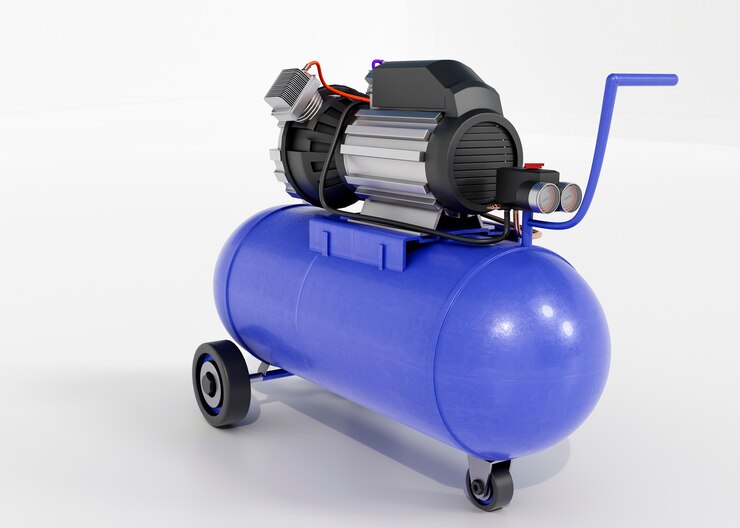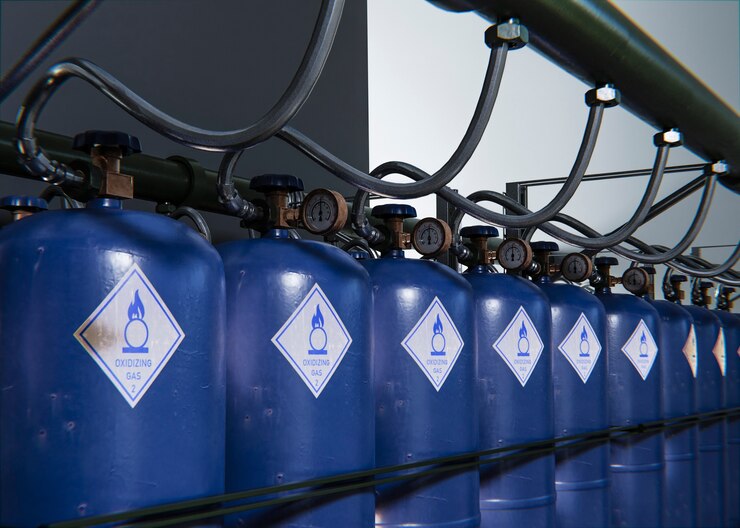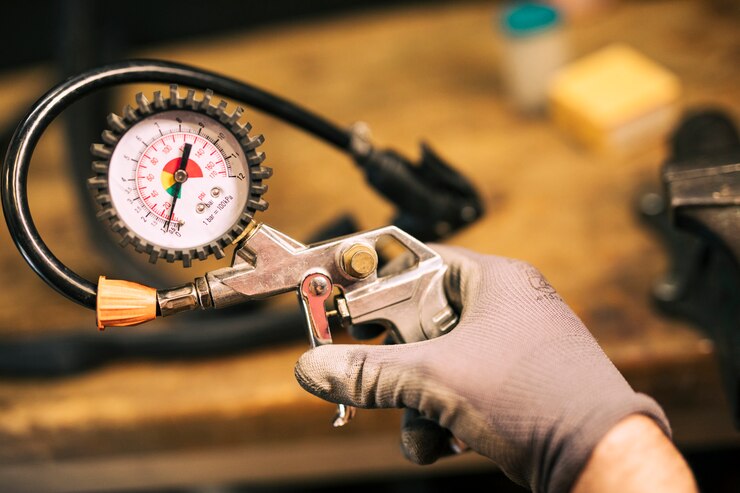Top-Quality Compressor ammonia and Refrigeration Systems for Ice Making Plants
Looking for top-quality Compressor ammonia and refrigeration systems for ice making plants? Explore our industrial refrigeration solutions and high speed compressors.
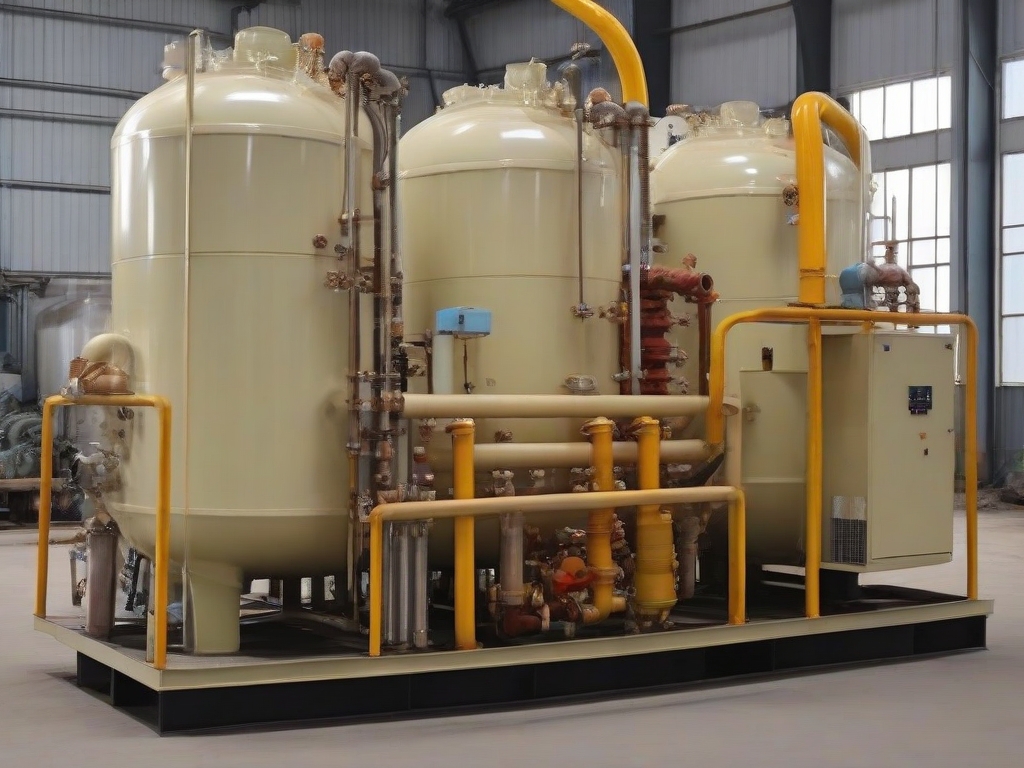
Ice making plants require efficient and reliable equipment to ensure the production of high-quality ice. Ammonia compressors and refrigeration systems play a crucial role in maintaining the desired temperature for ice production and storage. Understanding the functionality, maintenance, and safety measures associated with these systems is essential for the smooth operation of ice making plants.
What are Ammonia Compressors?
Ammonia compressors are essential components in industrial refrigeration systems, responsible for compressing the gaseous ammonia to create the necessary cooling effect. They come in various types, including screw compressors and reciprocating compressors, each with its unique characteristics and applications. These compressors are designed to handle ammonia gas and ensure proper compression to meet the cooling requirements of ice making plants.
Understanding the Functionality of Ammonia Compressors
The functionality of ammonia compressors revolves around the compression of ammonia gas to increase its pressure and temperature. This process is vital for the refrigeration cycle, where the compressed ammonia gas is then condensed into a liquid state to release heat, enabling the system to maintain low temperatures required for ice making plants.
Benefits of Using Ammonia Compressors for Ice Making Plants
Utilizing ammonia compressors in ice making plants offers several benefits, including high energy efficiency, cost-effectiveness, and environmentally friendly operation. These compressors are well-suited for industrial refrigeration applications due to their superior cooling capabilities and reliable performance.
Common Issues with Ammonia Compressors
Despite their advantages, ammonia compressors may encounter issues such as leaks, reduced compression efficiency, or mechanical failures. Regular maintenance and inspection are crucial for identifying and addressing these issues to prevent disruptions in ice making plant operations.
How to Maintain Ammonia Compressors?
Maintaining ammonia compressors is essential to ensure their smooth and efficient operation within ice making plants. Regular inspection, proper leak detection, and addressing compression and cooling concerns are integral parts of compressor maintenance.
Regular Inspection and Maintenance of Ammonia Compressors
Periodic inspection and maintenance routines are necessary for identifying potential issues early on and preventing unexpected breakdowns. This practice includes checking lubrication, system pressure, and overall compressor performance to maintain operational reliability.
Identifying and Addressing Ammonia Compressor Leaks
Ammonia leaks pose significant safety and operational risks. Implementing leak detection systems and promptly addressing any leaks are crucial to prevent environmental hazards and ensure a safe working environment within ice making plants.
Ensuring Proper Compression and Cooling with Ammonia Compressors
Maintaining the proper compression and cooling performance of ammonia compressors involves monitoring system parameters, such as suction and discharge pressures, to optimize efficiency and maintain consistent temperature control for ice production and storage.
What are Ammonia Refrigeration Systems?
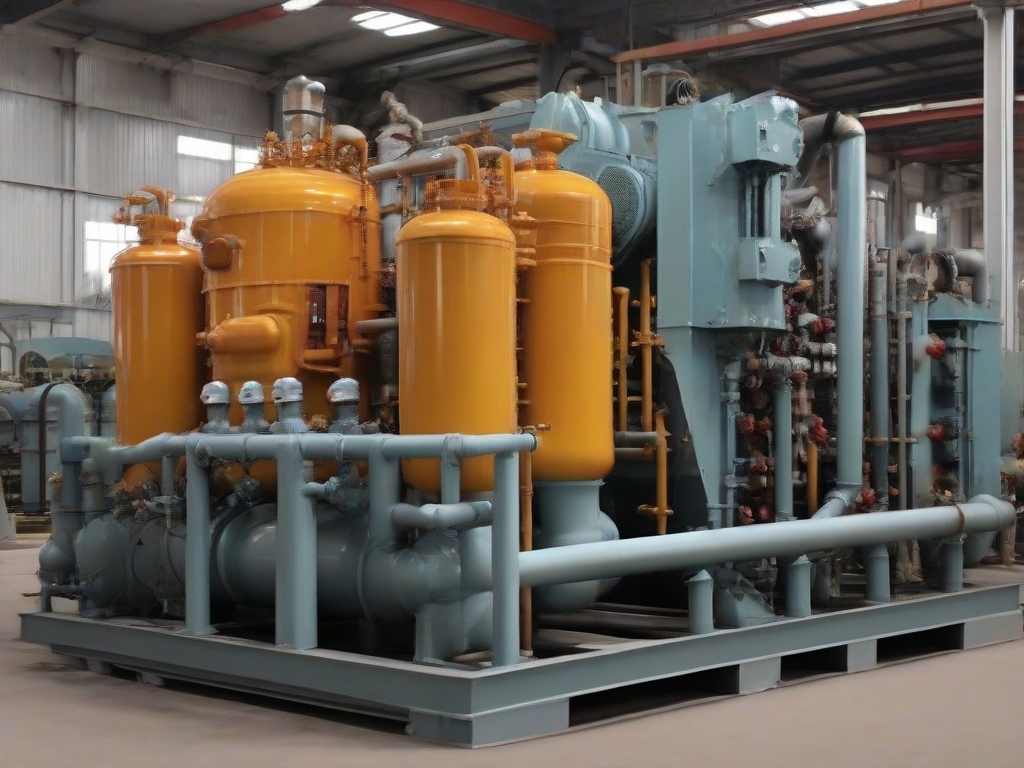
Ammonia refrigeration systems are comprehensive setups that utilize ammonia as a refrigerant to create and maintain low temperatures required for ice making plants. These systems consist of various components, including compressors, condensers, evaporators, and control valves, all working together to achieve efficient cooling and ice production.
Components and Operation of Ammonia Refrigeration Systems
Ammonia refrigeration systems operate by circulating ammonia vapor through a closed-loop system. The compressor helps in raising the pressure of the ammonia vapor, which then flows through condensers to release heat and convert into liquid ammonia. This liquid ammonia further enters the evaporators to absorb heat and produce the necessary cooling effect for ice making plants.
Advantages of Using Ammonia Refrigeration Systems in Ice Making Plants
Ammonia refrigeration systems offer several advantages for ice making plants, including high efficiency, low environmental impact, and superior temperature control capabilities. These systems are well-suited for large-scale ice production facilities due to their reliable and cost-effective operation.
Dealing with Ammonia System Leaks
Addressing ammonia system leaks is crucial for maintaining the safety and efficiency of ice making plants. Implementing leak detection measures and ensuring prompt repairs are essential to prevent any adverse effects on the environment and personnel working within the facilities.
Choosing the Right Refrigeration System for Ice Making Plants
Selecting the most suitable refrigeration system for ice making plants involves considering various factors, including the specific cooling requirements, energy efficiency, and cost-effectiveness. Comparing ammonia refrigeration systems with other refrigerants and evaluating their performance is essential for making informed decisions.
Factors to Consider when Selecting an Ammonia Refrigeration System
Factors such as the plant size, ice production capacity, and temperature control requirements play a crucial role in determining the most suitable ammonia refrigeration system. Assessing these factors helps in choosing a system that aligns with the specific needs of ice making plants.
Comparing Ammonia Refrigeration Systems with Other Refrigerants
Comparing the performance and environmental impact of ammonia refrigeration systems with other refrigerants provides valuable insights into the suitability of each option for ice making plants. Understanding the advantages and limitations of different refrigerants aids in making informed choices for refrigeration applications.
Cost and Energy Efficiency of Ammonia Refrigeration Systems
Assessing the cost implications and energy efficiency of ammonia refrigeration systems is essential for optimizing operational expenses and ensuring sustainable ice making plant operations. Balancing initial investments with long-term benefits is crucial in selecting the most cost-effective refrigeration solution.
Ensuring Safety and Compliance in Ammonia Compressor and Refrigeration Systems
Maintaining safety and compliance standards is paramount when working with ammonia compressor and refrigeration systems within ice making plants. Proper training, implementation of safety measures, and adherence to regulatory requirements are vital for ensuring a safe working environment and preventing potential hazards.
Regulatory Standards for Ammonia Compressors and Refrigeration Systems
Adhering to regulatory standards and industry guidelines for ammonia compressors and refrigeration systems is essential for ensuring legal compliance and operational safety within ice making plants. Understanding and implementing these standards help in mitigating potential risks and ensuring workplace safety.
Implementing Safety Measures for Handling Ammonia and Nitrogen
Proper handling and storage of ammonia and nitrogen, including the installation of safety valves and pressure relief devices, are crucial for preventing accidents and maintaining a secure working environment within ice making plants. Implementing rigorous safety measures minimizes the potential risks associated with these chemicals.
Training and Certification for Personnel Working with Ammonia Systems
Providing specialized training and certification for personnel working with ammonia systems is essential for ensuring proper handling, maintenance, and emergency response procedures. Equipping personnel with the necessary skills and knowledge contributes to the safe and efficient operation of ammonia compressor and refrigeration systems in ice making plants.

